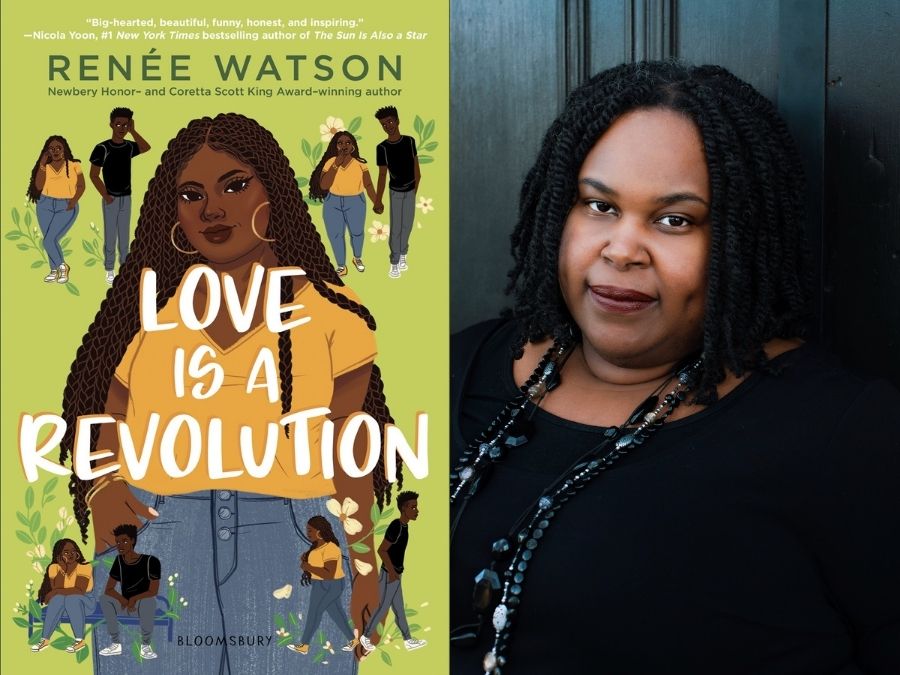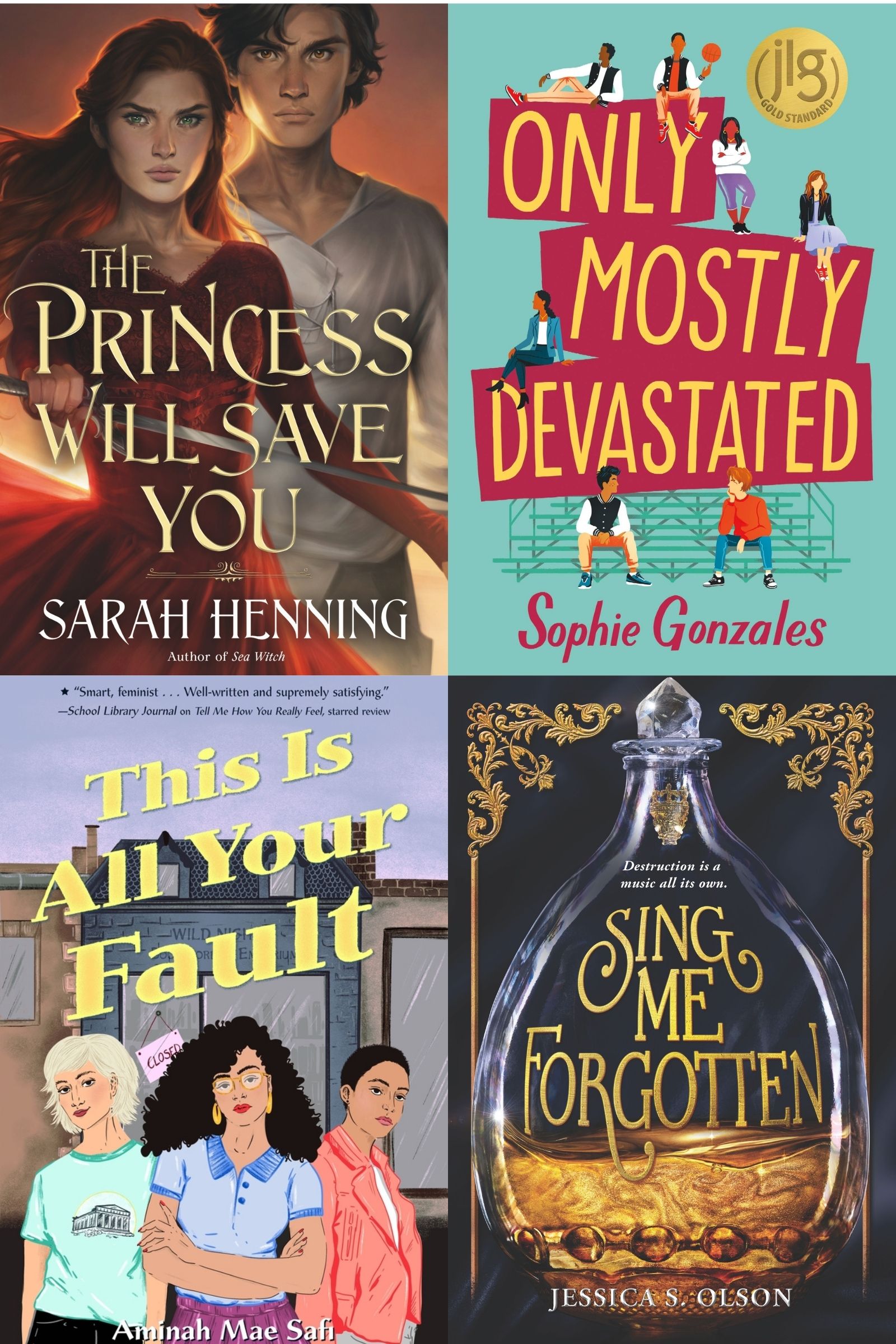Karen’s Guide to Working with Your Local Radio Station, adventures in creative marketing
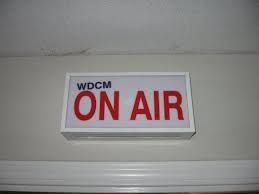 For 7 or 8 years, I got to be on the local radio station every Friday morning. It was a glorious thing for me. So today I’m going to share with you how that relationship came to be and some of my tips for working with your local radio station. I highly recommend that if you have a local radio station, especially a smaller, independent station, that you reach out to them and find ways to work with them to promote your library.
For 7 or 8 years, I got to be on the local radio station every Friday morning. It was a glorious thing for me. So today I’m going to share with you how that relationship came to be and some of my tips for working with your local radio station. I highly recommend that if you have a local radio station, especially a smaller, independent station, that you reach out to them and find ways to work with them to promote your library.
I was really lucky in that our local radio station had great hosts and we developed great working relationships over time. We developed a rhythm, but they always made sure to have a brief segment where we talked specifically about upcoming library programs. All the rest we made up as we went along. It was exactly like the morning shows you hear as you drive to work, except I wasn’t as funny. I’m just not good at funny.
ADVERTISEMENT
ADVERTISEMENT
If you have a local radio station, make contact with them and offer to do a weekly show with them. Be open to what they need. Simply talking about books doesn’t necessarily make great radio. So I stayed on top of current news and pop culture tidbits, and then when I found and opening I would swoop in and make that library tie in. Are they talking about J-Lo joining the cast of American Idol? Mention she is on the cover of this week’s People and you can come to the library and browse the magazine collection. Are they talking about The Walking Dead? Be sure and mention all the great zombie titles in your collection. You have to be quick and stay on your toes. But you also have to remember that every single thing you say doesn’t have to be library related; simply by being there as a representative for the library you are getting the library recognition outside of it’s four walls in a creative way.
Keep in mind that your local radio station also may be available to do a remote broadcast; this is great if you have a big event coming up. They do sometimes charge a fee to do a remote broadcast, so make sure and get all the details before hand. A remote broadcast is a great idea for a SRC kick-off party, library anniversary celebration, or author event, just to name a few. Be sure to meet with your broadcaster beforehand to discuss when they will do breakaways and arrange a variety of people for them to talk to during your event. If possible, have prize giveaways.
When Working with Your Local Radio Station Keep in Mind: It’s Their Show and You are the Guest
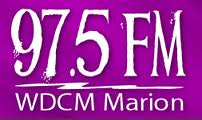 WDCM Marion, Ohio was the radio station I worked with while at The Marion Public Library
WDCM Marion, Ohio was the radio station I worked with while at The Marion Public Library
They are running the show, so get the 411 beforehand. There are things that you can not say and huge fines involved. We all remember what happened with Janet Jackson at the Super Bowl. You don’t want the on air equivalent of a wardrobe malfunction. And you don’t want to offend your hosts. You are in their space so please try and respect it. Ask them point blank and establish clear boundaries: what can I not say?
Talk to your administrators to discuss their rules on that end, too. You want to try and avoid talking politics or anything that will reflect poorly on the library. You don’t have the same freedom that the radio host does. It is really easy when it is just you and the radio host sitting in a room talking to forget that the microphone is there and people are listening. Let the radio hosts know ahead of time of specific topics that you aren’t allowed to discuss and make sure that you make your boundaries clear up front.
Make sure you have the personality for it. If you are not the right fit, then this is not the right marketing vehicle for you. That’s okay. The radio station hosts will be able to tell right away if it will work or not. Trust them, they know what they are doing.
If you can, try and make it a regularly occurring segment on a regular day of the week at a regular time. If people know when and where to find you, they will tune in. As I mentioned I went every Friday morning like clockwork.
When Working with Your Local Radio Station Keep in Mind: The Ins and Out of a Radio Show are a Delicate Dance, Learn the Steps
During the course of those years at the radio station, I worked with 3 different hosts. Each host had their own unique style, personality, etc. There are also a lot of mechanics involved. You and the host will sit in a little room with a control board and microphones and timing is everything. There are fade ins and fade outs. Cues. You don’t want to talk over intros. Each microphone works differently so you’ll want to learn how close you need to be and how loudly you need to speak. Go before your first time on air and just watch what happens so you get an idea of what it looks like, how they break down each segment, and what kind of mood they like to keep in the control room.
Respect the on air sign.
Usually when a song is playing there will be casual chit chat between you and the host, depending on the host. Sometimes the host will tell you what they want to talk to you about in the next segment. Sometimes they just get a spontaneous idea and hope you’ll respond. But whatever you do, make sure to keep this casual chit chat professional because sometimes, a microphone is accidentally left on and you and the host will realize you were talking over the song the entire time. It won’t happen often, but if you do this long enough it will happen at least once and you want to make sure that one time you aren’t saying something you don’t want the entire world to know.
When Working with Your Local Radio Station Keep in Mind: You Are Now Part of a Regularly Occurring Pop Culture Pop Quiz, Be Prepared
Part of your mission is now to stay up on current events, pop culture and pop music. You never know what the radio hosts will play or talk about, so create a news and pop culture reading list and check in with it daily. The good news is, you’re an information specialist and you’ve got this.
Pro Tip: Be prepared, be spontaneous, be flexible
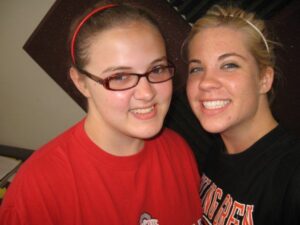 For several years I worked with two high school interns at the radio station. They both went to college to major in public broadcasting and we remain friends. They too were a great part of my radio experience.
For several years I worked with two high school interns at the radio station. They both went to college to major in public broadcasting and we remain friends. They too were a great part of my radio experience.
On the morning before your radio appearance, take a brief moment to check in with the news to see if major news event has happened or is happening at the moment. You’ll want to do this for several reasons: 1) You are representing the library as an information specialist, so be informed. 2) You’ll want to make sure you are tonally correct on the radio. If a tragedy is dominating the news you don’t want to be busting out insensitive jokes or talking about what Beyonce is wearing while everyone else is discussing important events. 3) You’ll be prepared if you get to the radio station and find out that they are bumping you for some major event, or you’ll at least have modified your expectation about the amount of air time you’re going to get. Breaking news takes precedence at all times.
If you can, watch any and every awards show doing award show season. Pay attention to what shows are currently popular and watch them if you can. Stay current on movie and music releases. The radio host will engage you in a wide variety of spontaneous conversation and you want to be as prepared as you can. It is okay to say I don’t know or I don’t watch that, but you don’t want to do this often because the entire point is to have a fun conversation. Radio is all about the back and forth banter, so be able to banter.
ADVERTISEMENT
ADVERTISEMENT
Listen to the radio show the other days of the week that you aren’t on so you are familiar with their rhythm and personalities and so you know what they have been talking about. If you heard them talking about something two days ago, don’t bring it up again unless they ask because their job is to always keep it fresh and new; they’ve probably already moved on to a new topic. But regular listening helps you better understand who they are and what they do so you are comfortable.
When Working with Your Local Radio Station Keep in Mind: As in All Things, Baby Steps and Relationships are Key
If they are not open to a regular feature immediately, start with baby steps and try a remote broadcast. Also, offer to do research on news bits, etc. Just like everything else, as you build relationships you can build mutually beneficial partnerships. I didn’t walk in one day and start doing a weekly radio show. I met with them about doing a remote broadcast and as we had several meetings to work out the details, they liked talking with me. Then I called and asked them if I could come on to promote that library event where we were having the remote broadcast. They liked how that went and invited me back. After a few trips it became a regular part of my work week.
And to be honest, it was a fun part of my work week. After a while patrons would come in and they’d recognize my voice or my name and they would tell me they heard me on the radio. I took The Tween, 7 and 8 at the time, and her best friend into the studio a couple of times so they could see what it was like. They even tried to interview The Tween once. But most importantly, it regularly got the library out into the community in a unique way and help our community learn what was happening at the library.
Remember that your goal is simple: you are marketing the library. You are the library’s presence in the community on the radio. You become a voice for the library. But you are also in that moment now a voice for the radio station as well. Have fun and maker everyone proud.
About Karen Jensen, MLS
Karen Jensen has been a Teen Services Librarian for almost 30 years. She created TLT in 2011 and is the co-editor of The Whole Library Handbook: Teen Services with Heather Booth (ALA Editions, 2014).
ADVERTISEMENT
ADVERTISEMENT
SLJ Blog Network
One Star Review, Guess Who? (#202)
This Q&A is Going Exactly As Planned: A Talk with Tao Nyeu About Her Latest Book
Exclusive: Giant Magical Otters Invade New Hex Vet Graphic Novel | News
Parsing Religion in Public Schools
ADVERTISEMENT





